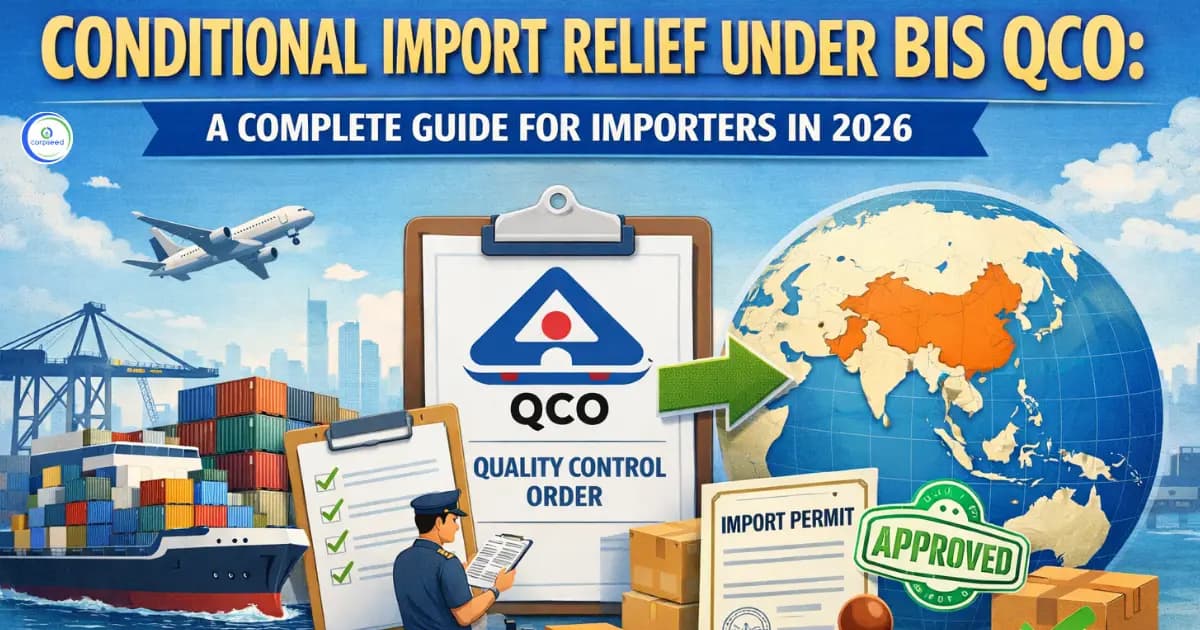
Loading...

The BIS requires BIS certification, which is a vital regulatory framework in India that guarantees the dependability, safety, and quality of a wide range of items.
About the Author

A content writer with a degree in B.A LL.B. (Hons.) and LL.M. (Constitutional and Administrative Law) from NLIU, Bhopal. Apart from content writing, she is an avid reader, poet, and painter.
Related articles

What is the Government’s Motive behind ALMM?
2026-02-21

BIS Issues New Guidelines for Verification of Rated Capacity of Lithium Cells and Batteries
2026-02-21

Conditional Import Relief under BIS QCO: A Complete Guide for Importers in 2026
2026-02-20
_Amendment_Order_2026_New_Compliance_Rules_Corpseed.webp&w=1536&q=75)
Furniture (Quality Control) Amendment Order, 2026: New Compliance Rules
2026-02-18

Is Your MSME Exempt? 8 New BIS Quality Control Rules for 2026
2026-02-16

IS 19450:2025- E-Textbooks in Education Requirements
2026-02-16